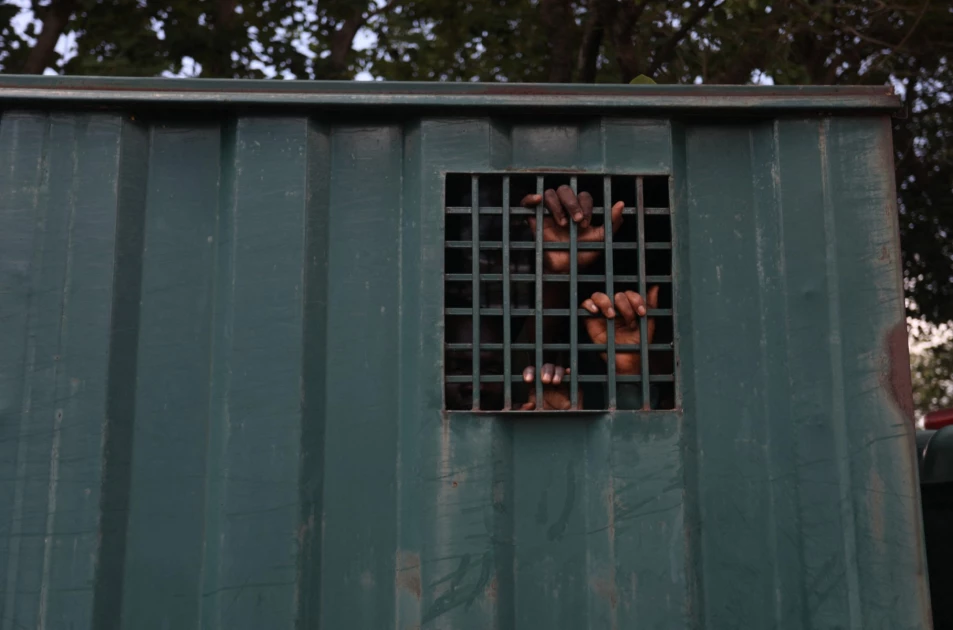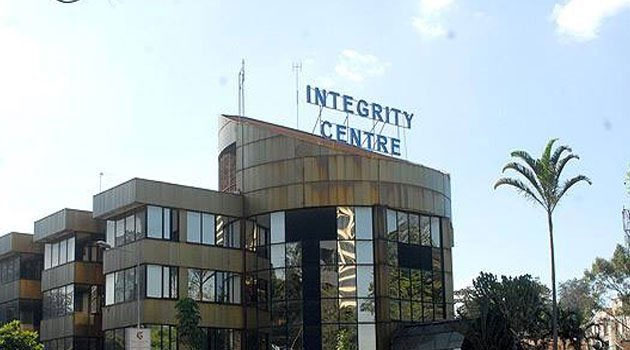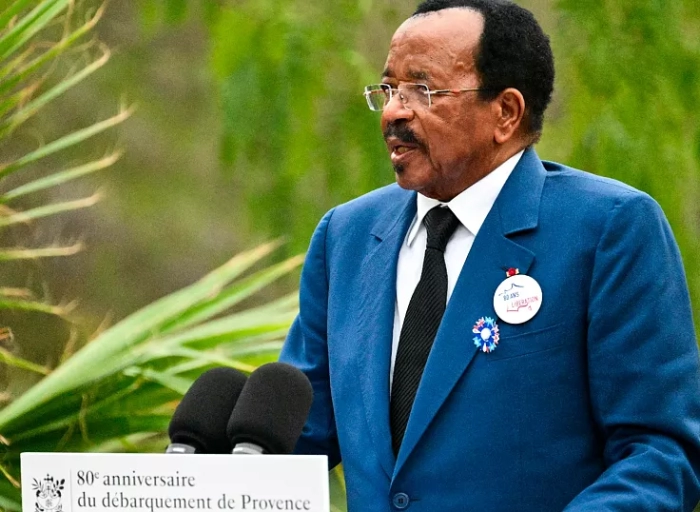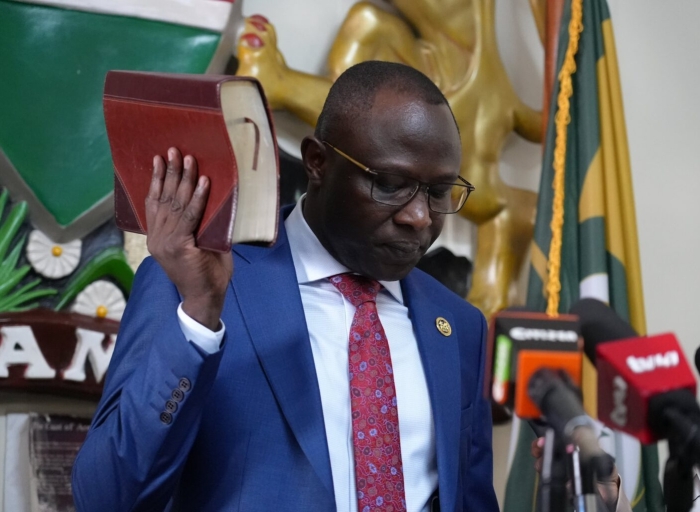In a major breakthrough in its prolonged fight against terrorism, Nigeria has convicted 44 individuals for financing Boko Haram, handing down prison sentences ranging from 10 to 30 years with hard labour. The convictions, announced Saturday by Abu Michael, spokesman for Nigeria’s counterterrorism centre, follow the resumption of mass trials suspended since 2018.
The convicted individuals were part of a group of 54 suspects tried in four civilian courts set up at a military base in Kainji, Niger State. These trials mark a renewed legal effort by the Nigerian government to prosecute terrorism-related offences, years after Boko Haram began its insurgency in 2009 in pursuit of a caliphate in the country’s northeast.
According to Michael, “The verdicts delivered from the trials resulted in prison sentences ranging from 10 to 30 years, all to be served with hard labour.” The remaining 10 cases have been adjourned for future hearings.
The latest round of trials brings the total number of terrorism-related convictions in Nigeria to 785, highlighting ongoing efforts to tackle terrorism financing and extremist activities through the judicial system.
However, the trials have also drawn criticism from human rights organizations, which allege that thousands of civilians were arbitrarily arrested, detained for years without trial, and denied access to legal counsel.
Nigeria’s judiciary had previously undertaken a similar effort in 2017, leading to the convictions of 200 Boko Haram members. Those trials covered a range of grave offences, including mass killings, attacks on civilians, the destruction of religious sites, and the abduction of women and children. Sentences ranged from 20 years to life imprisonment and, in some cases, the death penalty.
Despite ongoing military operations, Boko Haram’s insurgency has resulted in over 40,000 deaths and the displacement of nearly two million people. The conflict has also destabilized the broader Lake Chad region, affecting neighbouring countries such as Cameroon, Chad, and Niger.
Nigeria remains under scrutiny by international watchdogs and is currently listed on the Financial Action Task Force’s “grey list” due to lapses in countering money laundering and terrorism financing. The resumed trials and latest convictions represent a significant move by Nigerian authorities to reinforce their counterterrorism framework and meet international obligations.




